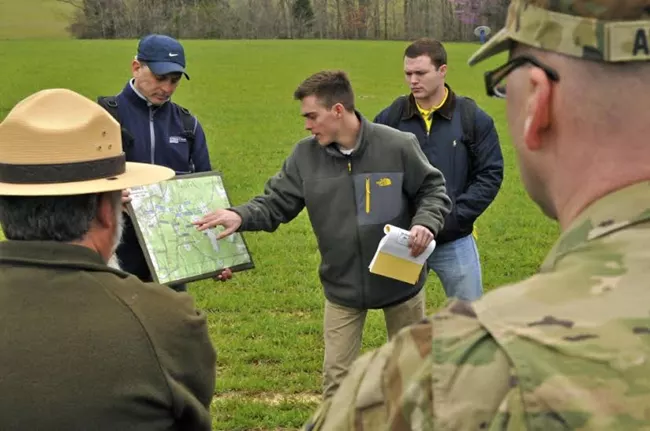Over the past few decades, Political Science has seen an increasing institutionalization of Scholarship on Teaching and Learning (SoTL) through journals, book series, and professional associations. Over at PS: Political Science and Politics, we add to this body of...





